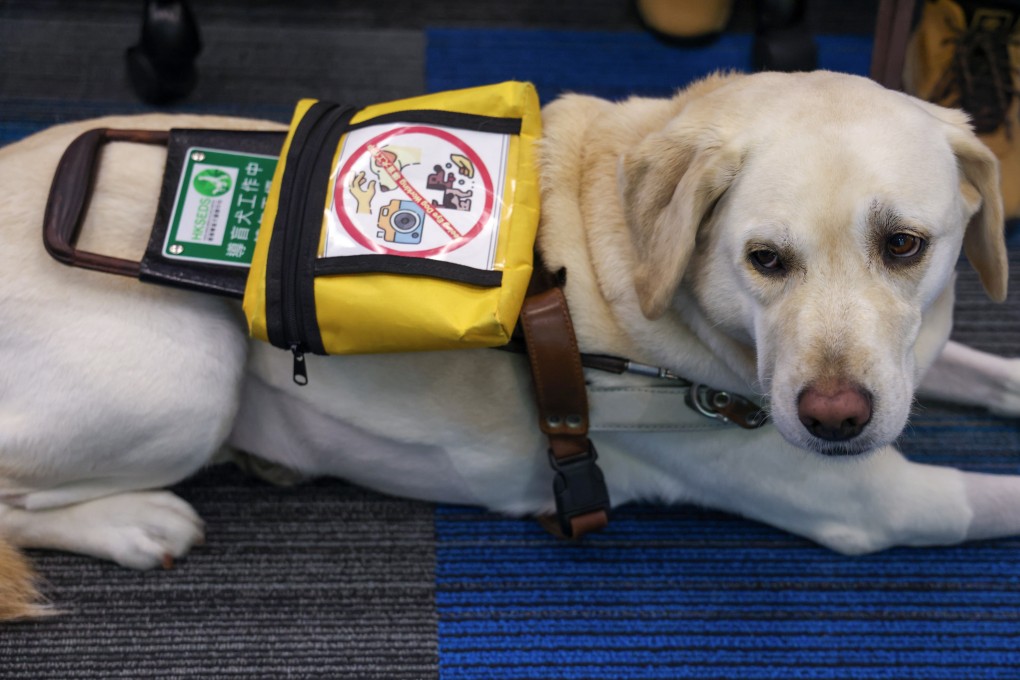Editorial | Treat guide dogs and users with respect
- New Equal Opportunities Commission guidelines on protecting the rights of guide dogs and users are an important step towards more acceptance

Guide dogs are not pets. Their role goes beyond companionship as they offer visually impaired people a way to participate in society more fully. Hong Kong’s equality authority is right to underscore that fact with new guidelines, that unfortunately seem necessary because of shameful treatment of dogs and those who need them.
The Equal Opportunities Commission earlier this month released rules to protect the rights of the guide dogs and users. They require that such pairs be treated as regular patrons on transport, and in restaurants, workplaces, hotels, and property management areas.
The commission cited about seven discrimination complaints over the past five years, saying that while the number seems small, it reflects broader community misunderstanding.
People with visual impairments who use dogs have reported being refused service by restaurants or taxi drivers. Some were charged extra fees or treated unfairly while job-hunting with their animal helpers.
Hong Kong is not alone when it comes to such misunderstandings. In mainland China, guide dogs have been legally permitted in public places since 2008. However, state media have raised concerns about service refusals and access problems.
Australia launched a guide dog awareness campaign last month – a survey had found almost half of people with low vision and blindness had reported refusal by taxi or ride-share operators over the past 24 months.

